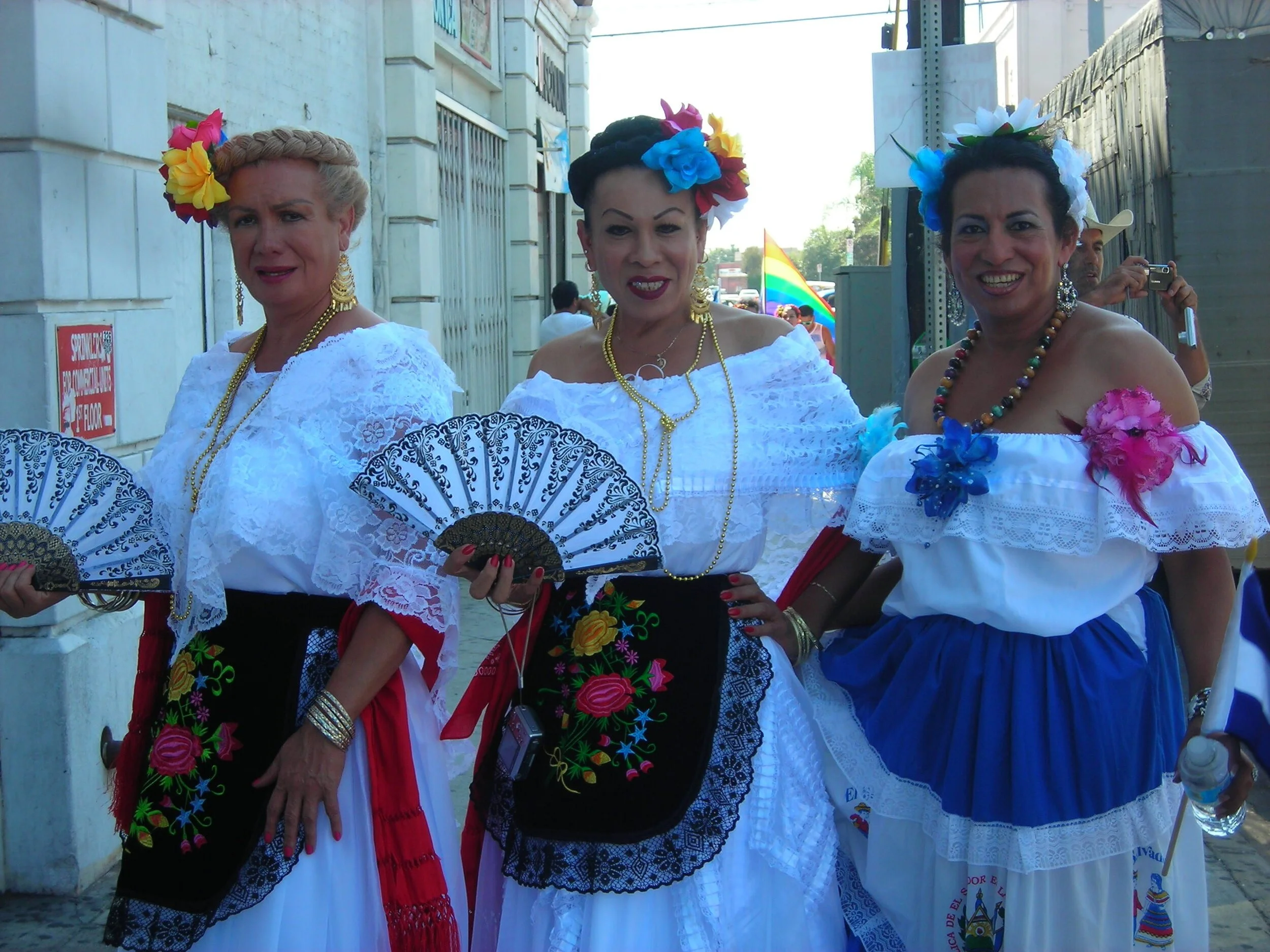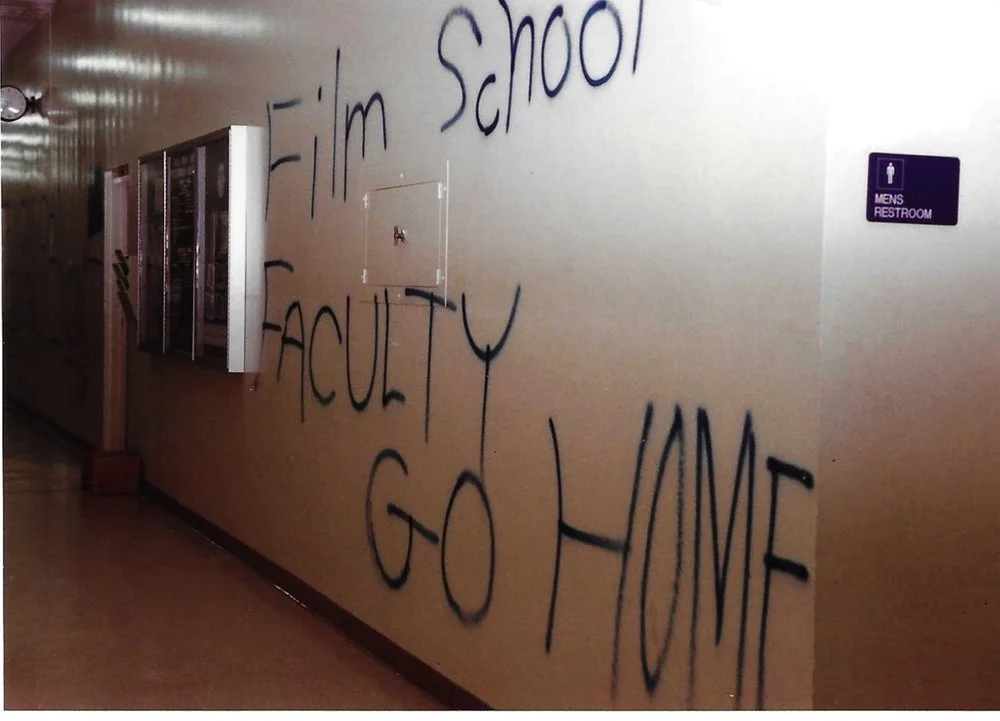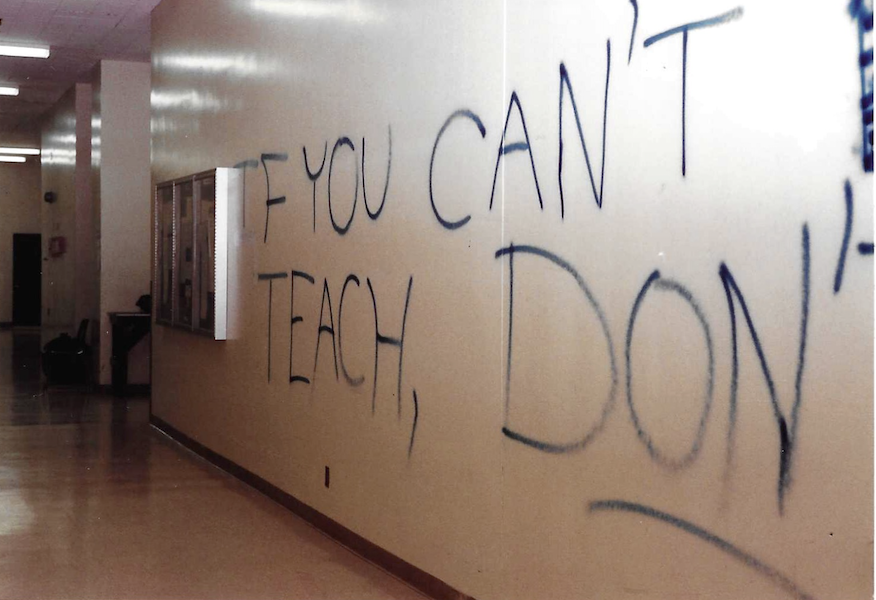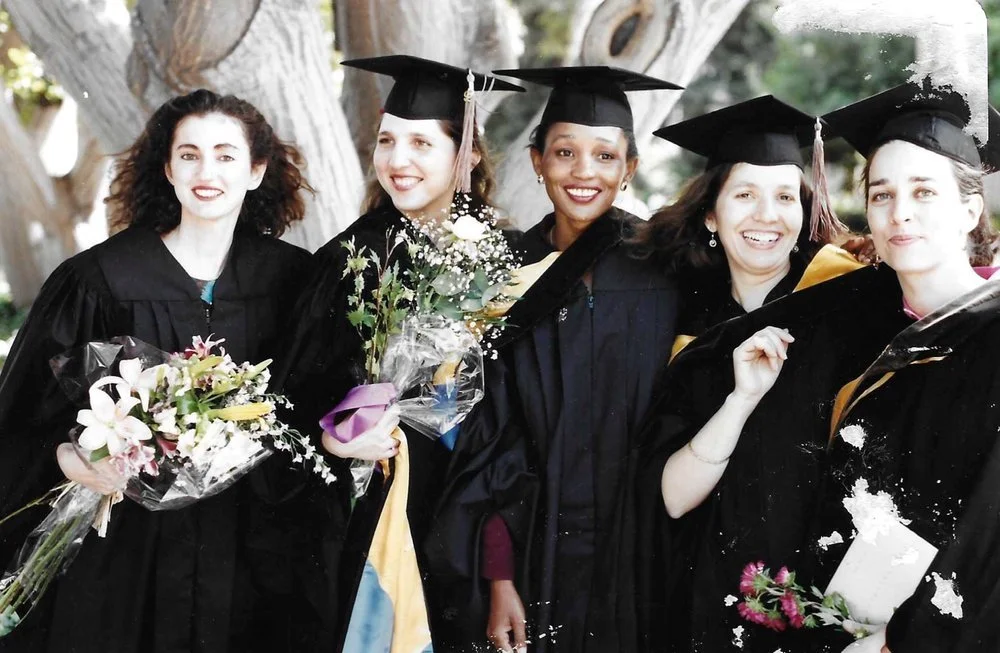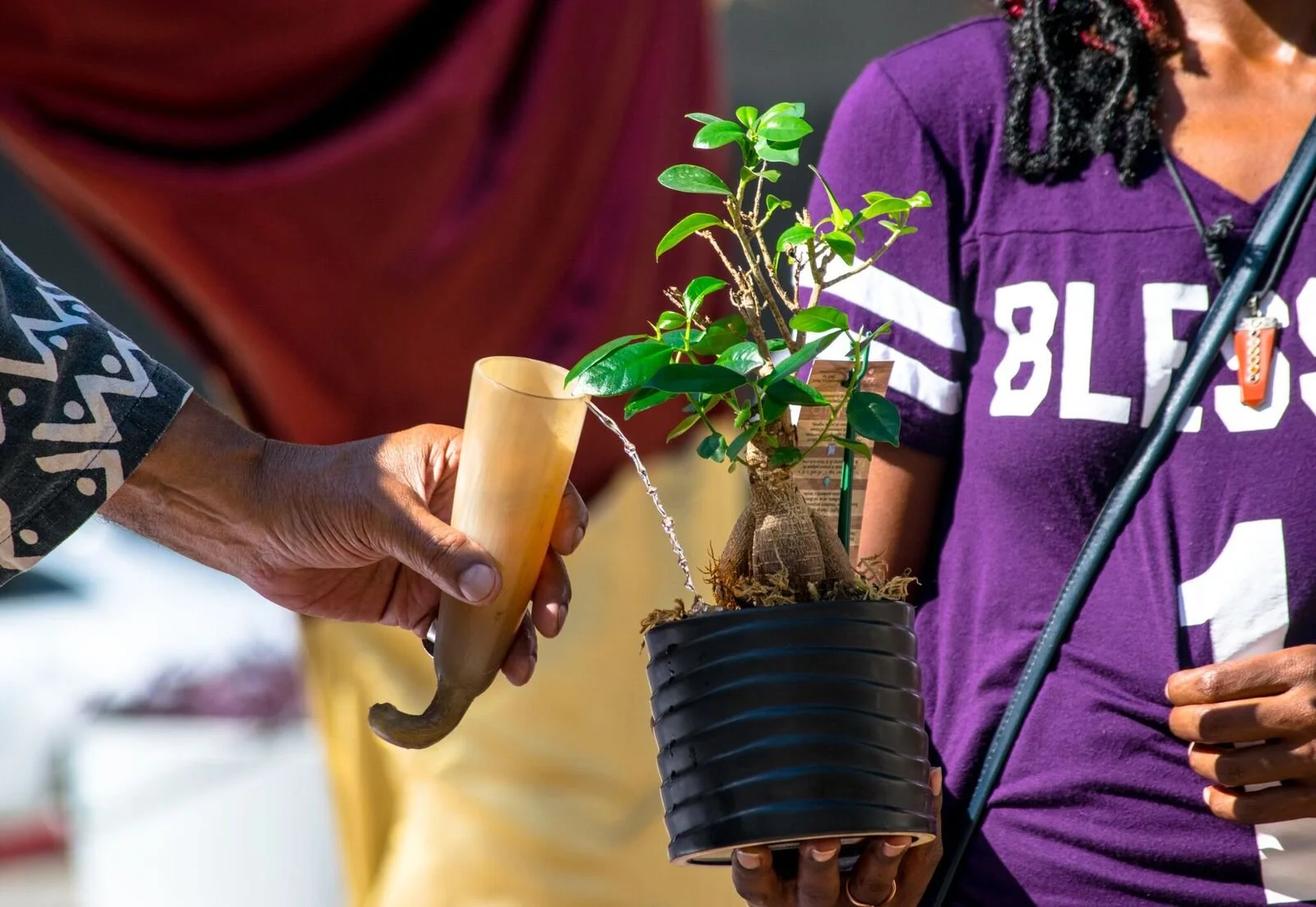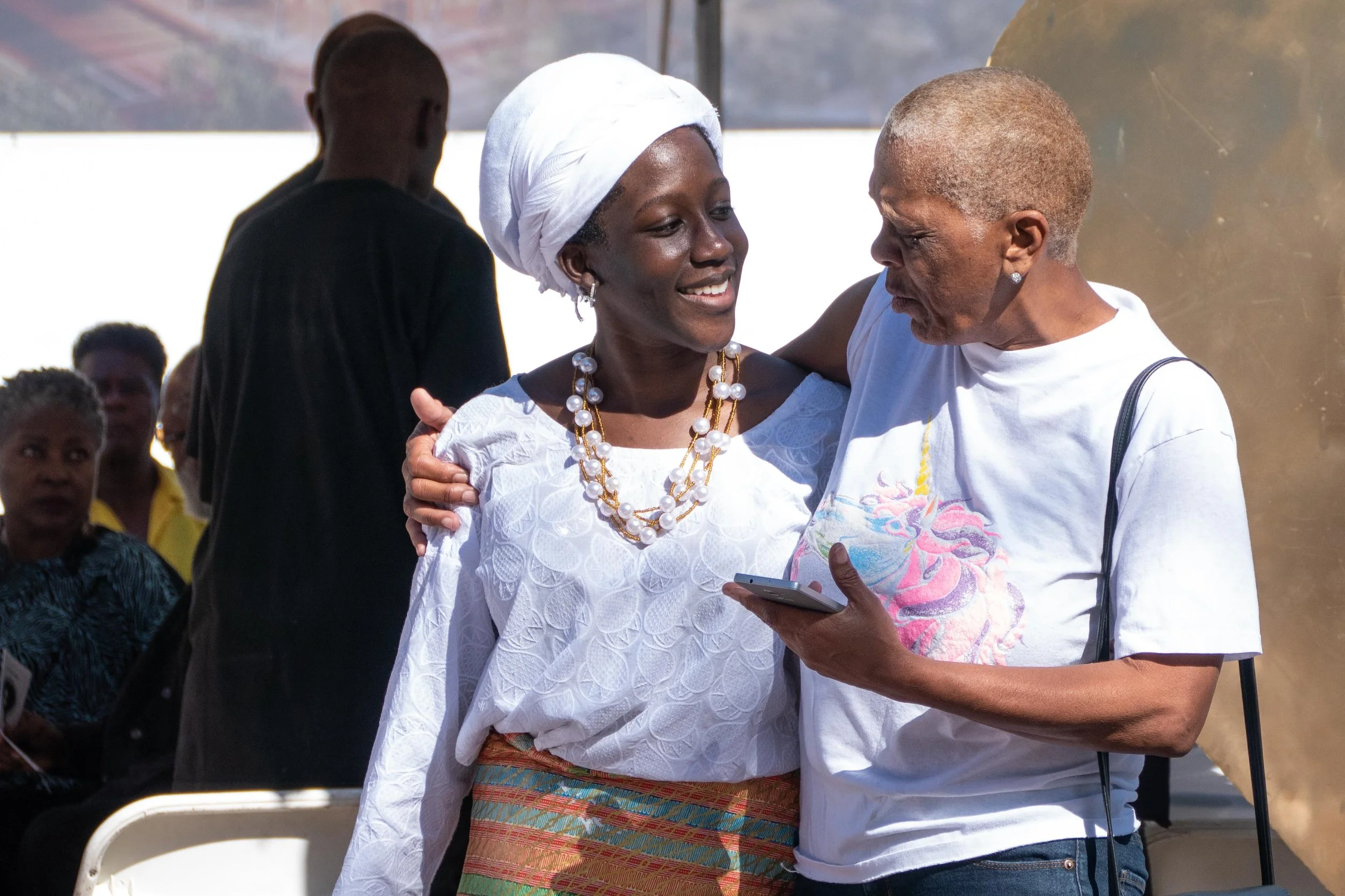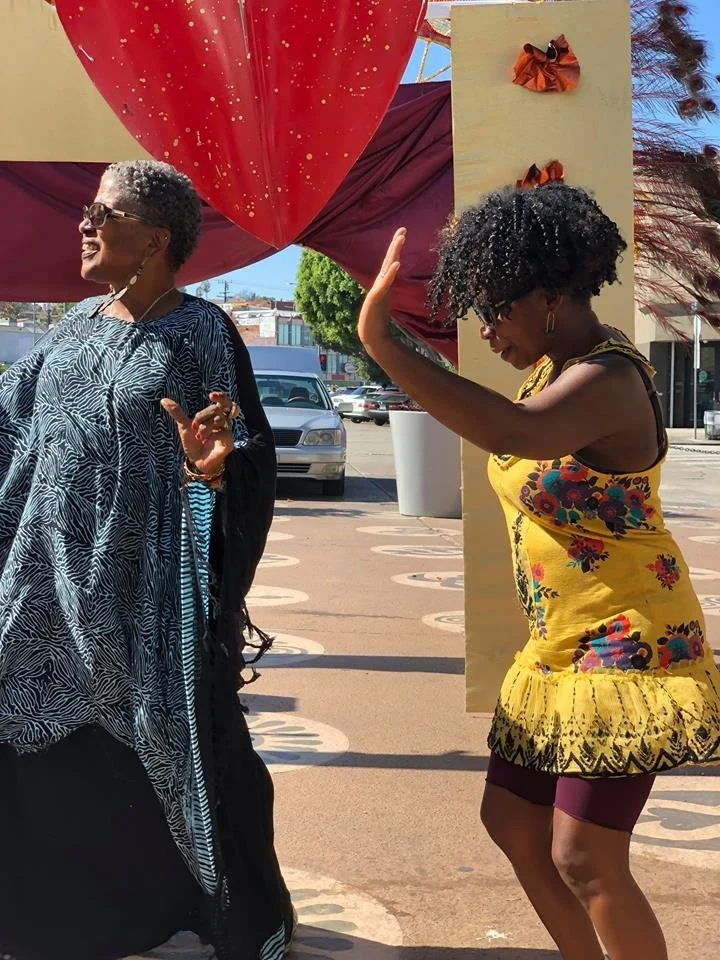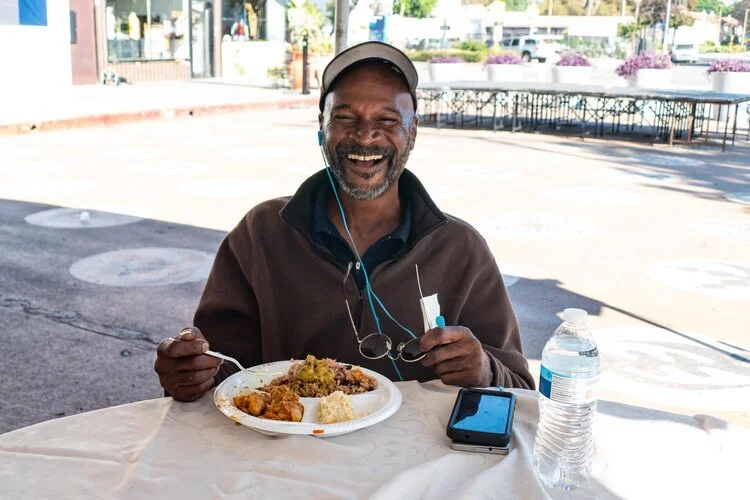Our Mission
The mission of International Eye LA is to present arts and cultural programs that educate and provide opportunities for individual and community healing through creative engagement.
At its core, International Eye LA provides a healing balm for our shared humanity with an inclusive, equity-based, international perspective that seeks to alleviate cultural, racial and socio-economic disparities. Our mission-driven activities provide skills training, cross generational knowledge exchange, community fellowship and personal healing. We celebrate our common humanity and build multicultural, international bridges to Heal our Spirits, our Minds, our Bodies and our Selves.
Who We Serve
International Eye LA seeks to empower individuals and communities by activating public spaces with multicultural arts and cultural programs that facilitate education, growth and healing through creative engagement. The organization serves artists, youth, immigrants and international creative practitioners whose visions and voices are not equitably represented in the communities where they live and work.
IELA facilitates equitable distribution of resources and opportunities regardless of cultural origin, sexual orientation, ability, socioeconomic status, race, ethnicity or any other markers that create cultural divisions, disparities and social injustice.






“Creativity in public spaces with equity across cultures puts social justice at our core.”
PARTICIPANTS | CENTRAL AMERICA PARADE | WEST HOLLYWOOD (WeHo)
Our History
Origins & Purpose
The International Eye was founded on the campus of UCLA by Marie Kellier while she was a graduate student in the UCLA School of Theater Film and Television. Named ‘The International Eye,’ to represent the international mix of students in the department, the mission was to support filmmakers whose visions were underrepresented in the UCLA Film and Television Department. The organization sponsored writing workshops for students whose first language was not English and hosted guest speakers from the industry. Many students in the film department felt that there was not enough instruction or guidance to learn the craft of filmmaking and protested in many ways. International Eye facilitated a support system for students to crew on each other’s projects, help raise funds for students to complete their films and sponsored screenings to showcase their films.
How We Came to Be
In June 1987, International Eye produced Black Voices Rising, the first major screening that celebrated the work of Black filmmakers at UCLA and presented them to the film industry. In 1988 the organization collaborated with UCLA Film and Television Archives and Third World Cultural Association to present a retrospective of films by acclaimed Ethiopian filmmaker, Haile Gerima, a UCLA alum. That was followed by the presentation of ‘A Hungarian Fairy Tale’ by renowned Hungarian filmmaker and UCLA Professor, Gyula Gazdag. Also in 1988, International Eye collaborated with student filmmakers to present the first showing of all completed student films in UCLA Melnitz Theater. That project evolved into the UCLA Festival of Student Films, now shown annually in the film school. Addressing the high cost of completing student films, especially for international students, and with very little support from UCLA, International Eye focused on helping struggling students by organizing fundraising events. In 1993, The International Eye was incorporated as International Eye, Los Angeles, a 501(c)3 a community service corporation for arts, culture and humanities.
STUDENT PROTEST AT THE THEN UCLA DEPARTMENT OF FILM AND TELEVISION.
Our Founder At Film School
Working with the International Student Center at UCLA, The International Eye supported students to travel to Russia, Jamaica, Kenya, Israel and New York to shoot their films and bring a range of international perspectives to the UCLA community.
Working to Heal Communities
HEALING OUR SPIRITS
That which we call ‘spirit’ is difficult to define. It is integrally connected to our emotional well being and determines how we feel about ourselves and those we engage with. We support spiritual wellness that may offer inner peace in the midst of chaos and despair.
Healing Our Minds
The mind is central to our intellectual and cognitive processes. We engage professionals who facilitate educational equity and create arts and cultural programs that provide creative solutions to support mental wellness, social healing and mindful living.
Healing Our Body
A healthy physical condition is necessary for a holistic and enjoyable life. Our engagement around physical well being includes exercise, nutrition, attire, sleep, safety and comfort. We engage professionals in creating programs that address physical well being.
Healing Our Selves
“Self-care” has become a trendy buzz word but we believe caring for self is critical to caring for community and is essential for maintaining a healthy, content life.

